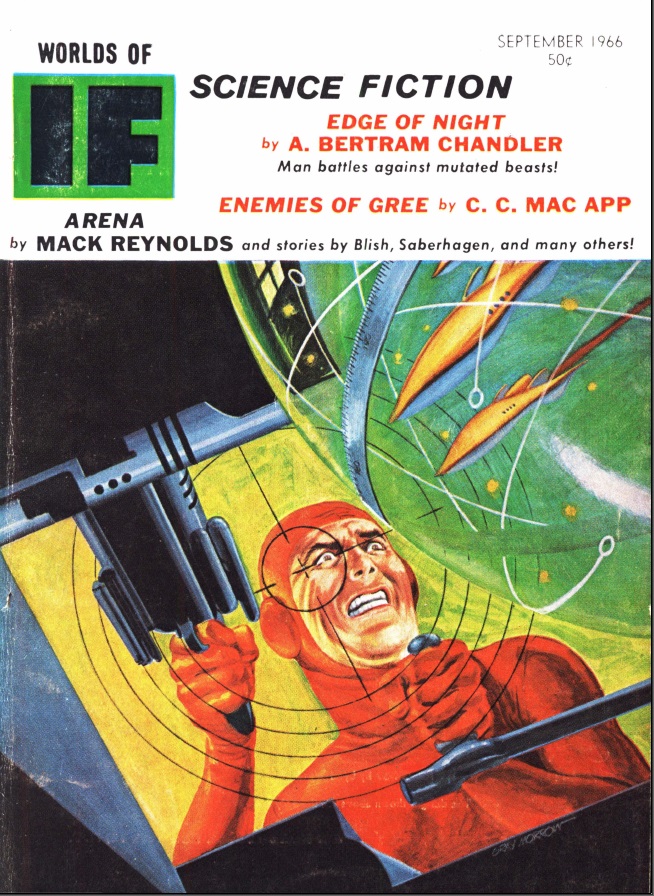
by David Levinson
Big Trouble in China
Back in May, I wrote about the political maneuvering going on in China, and I predicted purges would follow. Rarely have I been so sorry to be right. On August 13th, Mao Tse-tung announced a purge of Party officials as part of the Cutural Revolution. And he has a frightening new tool to carry out his will.
At the end of May, a group of high school and university students calling themselves Red Guards embraced the principles of the Cultural Revolution and hung up posters criticizing university administrators. Originally condemned as counterrevolutionaries and radicals, they were officially endorsed by Mao early in August. On the 18th, a mass rally was held in T’ien-an-min Square in Peking. A reported one million students listened to speeches by various Party officials. Mao appeared in military fatigues for the first time in years, a look favored by the Red Guards.

On the 22nd, they began putting up posters “advising” people to abandon bourgeois habits such as Western clothing and warned shopkeepers against selling foreign goods. They gave people a week before they would “take action”. Since then, the Red Guards have run amok. On the 26th, they gave foreigners and bourgeois Chinese to the end of the day to leave Peking. They poured into the Tibetan capital Lhasa, destroying ancient relics, vandalizing shrines and abusing monks. Now, word has come out that they are beating and killing people in the Ta-hsing and Ch’ang-p’ing districts of Peking, and the police have been ordered to look the other way. This is likely to get worse before it gets better, and however it ends won’t be pretty.

Soong P’in-p’in, a Red Guard leader, pins an armband on Mao Tse-tung.
Life on the edge
This month’s IF features not one, but two stories set on the edge of the galaxy, and just about everyone else is on the edge in some way or another.

Amazingly well done for Dan Adkins. Art by Adkins
Continue reading [September 2, 1966] On the Edge (October 1966 IF)

![[September 2, 1966] On the Edge (October 1966 <i>IF</i>)](https://galacticjourney.org/wp-content/uploads/2021/08/IF-1966-10-Cover-662x372.jpg)
![[August 2, 1966] Mirages (September 1966 <i>IF</i>)](https://galacticjourney.org/wp-content/uploads/2021/07/IF-1966-09-Cover-654x372.jpg)


